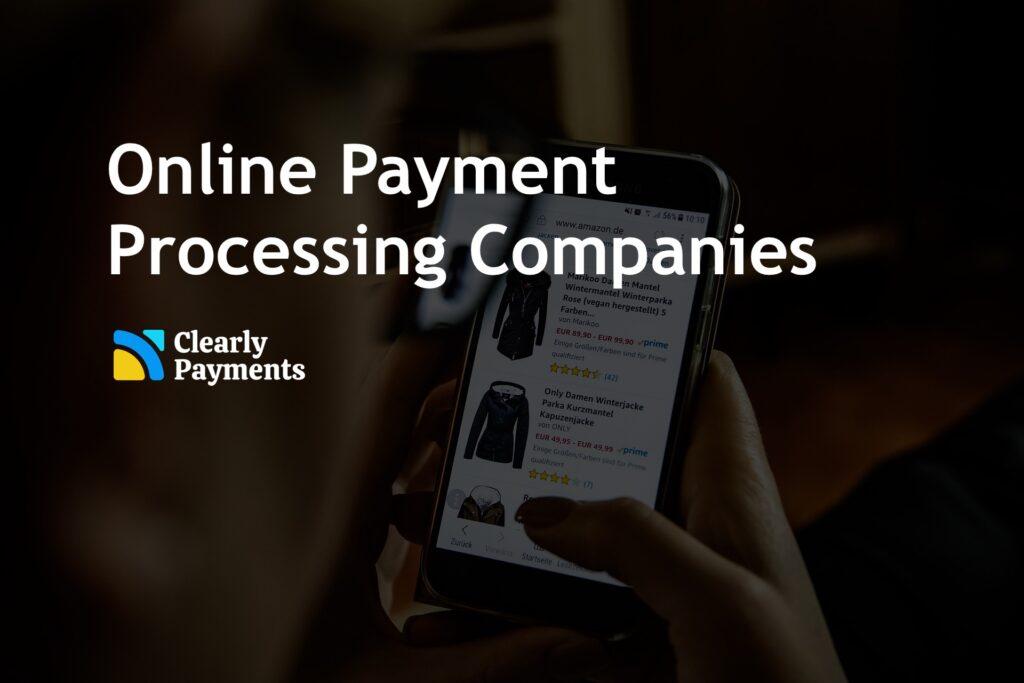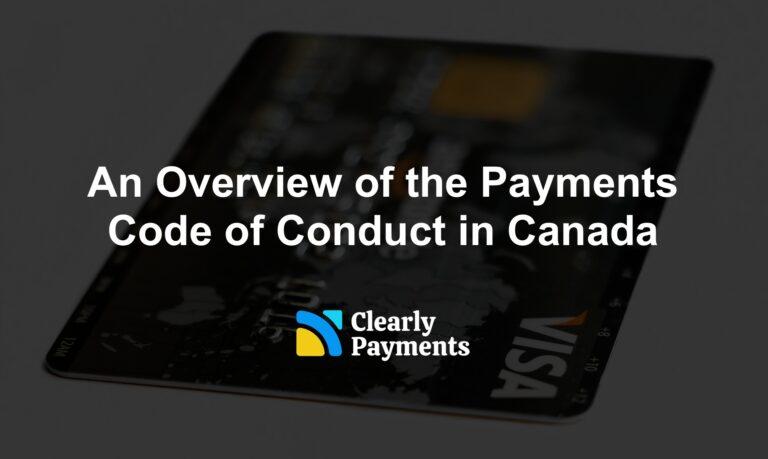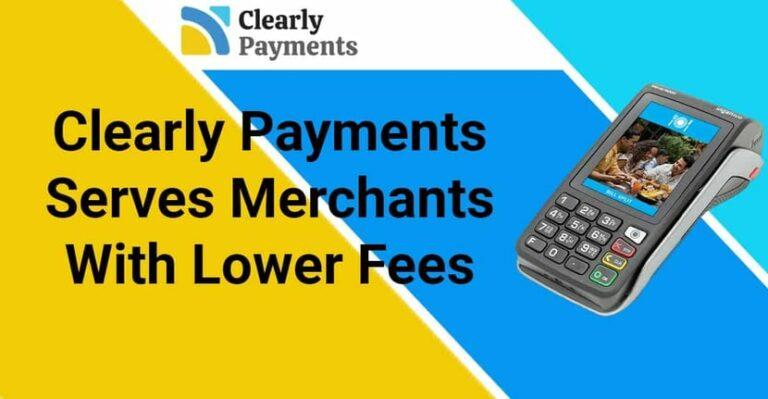Online payment processing companies are businesses that facilitate electronic payments for goods and services over the internet. This can be with computers, laptops, mobile phones, or any connected devices. Online payment processors offer a secure and convenient way for businesses to accept payments from customers all over the world.
Online payment processing companies typically offer a range of products, including payment gateway, merchant account, and payment processing services. A payment gateway is online software that allows businesses to securely process online payments, while a merchant account is a type of bank account that allows businesses to accept credit and debit card payments. Payment processing services are the actual process of handling the transaction and moving and settling funds. We have an overview of the payment processing industry if you want more background.
Things that make a good online payments company
There are several key factors that make a great online payment processing company. Here are some of the most important ones:
Security: A great online payment processing company must prioritize security above all else. They should have robust security measures in place to protect sensitive customer data and prevent fraud, specifically providing PCI security services. This includes things like encryption, tokenization, and 2-factor authentication.
Ease of use: The process of payments and integrations should be simple and easy for both the merchant and the customer. The company should provide easy integration with popular e-commerce platforms and a user-friendly dashboard to manage transactions.
Competitive fees: Online payment processing companies typically charge a fee for each transaction processed, both a percentage rate and a fixed fee. This is on top of typical interchange fees. A great company will offer competitive rates and transparent pricing, with no hidden fees or surprise charges.
Amazing support: A great online payment processing company should be available 24/7 to support merchants and customers. This includes offering customer support via phone, email, or live chat.
Payment gateways are the core of online payments
A payment gateway is a software application that facilitates the processing of online payments for e-commerce websites and other businesses. It acts as an intermediary between the merchant’s website and the payment processor or acquiring bank, enabling the secure transfer of payment data between the customer’s issuing bank and the merchant’s bank.
When a customer makes a purchase on an e-commerce website, the payment gateway encrypts the payment data and sends it to the payment processor or acquiring bank for authorization. Once the transaction is approved or declined, the payment gateway relays the response back to the merchant’s website, allowing the customer to complete the purchase or receive an error message.
Payment gateways typically provide a range of features and services to help businesses manage their online payments, such as fraud detection and prevention, recurring billing, and support for multiple payment methods. They may also offer tools for reporting and reconciliation, as well as integration with popular e-commerce platforms and shopping carts.
The cost and interchange fees for online payments
Interchange fees are an important part of online payment processing companies. Interchange fees are the majority of the payment processing fees. These fees are charged by the payment networks, such as Visa, Mastercard, and American Express, to the merchants’ banks for processing credit and debit card transactions. These fees are an important source of revenue for the payment networks, but they can also impact the costs of online payments for merchants.
There are other fees that come into play with online payment processing. The payment gateway may have a monthly fee, something around $10 to $40 per month, and a transaction charge which generally falls in the range of $0.05 to $0.50 per transaction.
When looking at interchange fees, there are two core categories, including “card present” and “card not present” transactions. These transaction categories have a significant impact on the costs of accepting card payments for businesses, depending on the type of transaction being processed. Online payments fall into the “card not present” category.
Card-present transactions (CP)
Card-present (CP) interchange fees are charged when a customer makes a payment in person, such as at a retail store or restaurant. These fees are typically lower than card-not-present interchange fees, as they are considered to be less risky due to the presence of the physical card and the customer’s signature or PIN.
Card-not-present transactions (CNP)
Card-not-present (CNP) interchange fees are charged when a customer makes a payment online, over the phone, or via mail order. These fees are typically higher than card-present interchange fees, as they are considered to be riskier due to the lack of a physical card and the increased potential for fraud. You can compare the CNP and CP interchange fees for USA or Canada.
The best online payment processing companies
We have found that there are three main companies that offer the best online payment processing. The best online payment processing company depends on what category you fall into. Below are the three categories along with the recommendation.
Best online payments for self-serve or small online merchants
Stripe: If you are self-sufficient and have technical capabilities, Stripe is a great option for developers and small online merchants. Stripe has simple signup, a good platform, and a lot of great documentation. The percentage fees are higher with Stripe, so that’s why it works for lower revenue merchants. Once your revenue starts to get above $200,000 per year, it would be worth it to explore other payment processing companies that give you a dedicated merchant account along with reduced fees. Stripe is an aggregator with shared merchant accounts.
Best online payments for medium to large merchants
TCM: If you are a medium to large merchant, processing at least $200,000 per year with primary operations in Canada and USA, our “biased” opinion is TCM. TCM focuses on an incredible payments experience with world-class customer support. A key mission of TCM is to keep pricing low. You are unlikely to find a lower cost option with great online payments anywhere in North America. You can search online and read the raving reviews.
Best online payments for multi-national or highly complex merchants
Adyen: If you are a large merchant with operations in multiple countries or have highly complex and customized integrations, Adyen is a good option. Adyen does have some capabilities for brick and mortar payments, but it really focuses on eCommerce and online payments. They have the technology and technical support to assist complex eCommerce projects for international payments.




